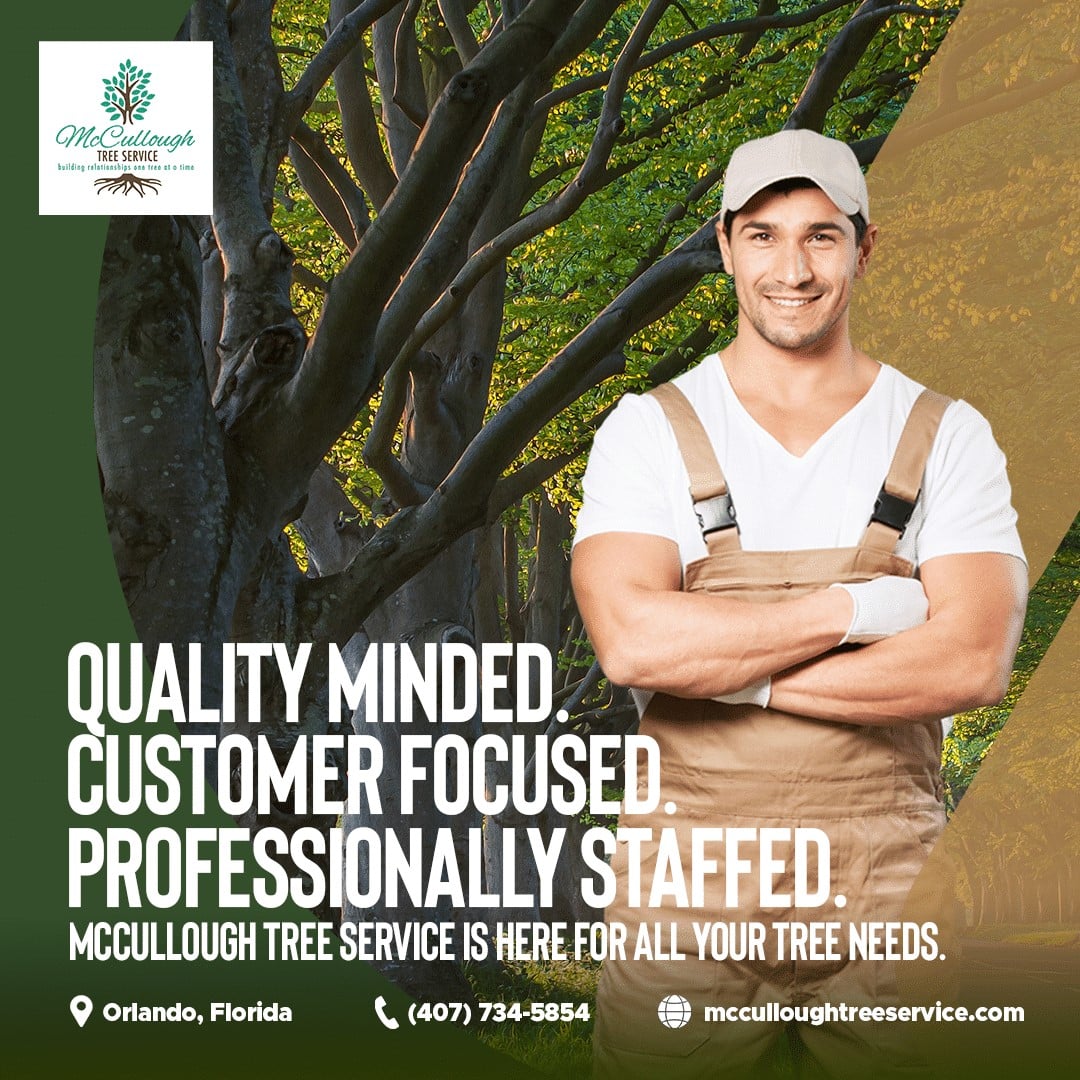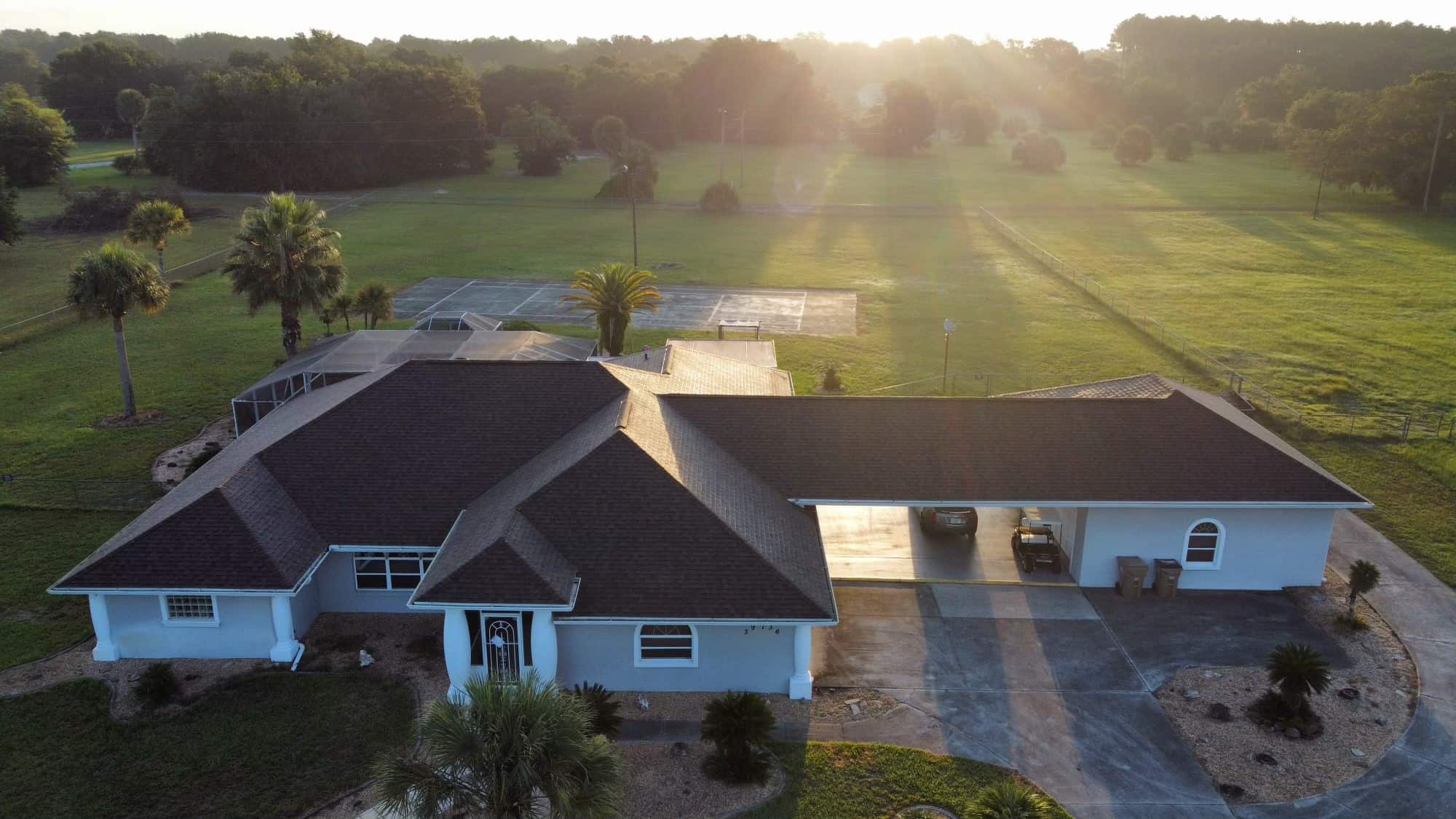As DoorDash grows, so do accidents involving its drivers. If you’re in a crash with a DoorDash driver and your car is totaled, you might wonder if you can sue. The short answer is yes, but the situation can get complicated.
Understanding DoorDash’s Insurance Policy
DoorDash drivers need personal auto insurance. However, most individual policies won’t cover accidents while a driver works for a delivery Service. If the driver delivers actively when the crash happens, their insurance might deny your claim.
To address this, DoorDash offers occupational insurance to cover drivers while they’re on a delivery. But it only applies if they’ve accepted a delivery and are en route. If the accident happens when they’re not engaged in a delivery, DoorDash’s coverage may not apply.
DoorDash’s insurance covers medical expenses, lost wages, and survivor benefits in a fatal accident. However, these policies are often hard to understand and involve limits and conditions that might impact your claim.
Why You May Need Legal Help
Insurance companies, including those for DoorDash, often try to pay as little as possible. They may give low offers or deny your claim outright. Navigating these situations can be challenging, especially when dealing with a totaled car and potential injuries.
A personal injury attorney can help you understand the fine print, negotiate with insurers, and protect your rights. They can also guide you through complex situations, like when the DoorDash driver’s personal and Commercial insurance refuses coverage.
What to Do After a DoorDash Car Accident
- Ensure Safety and Call the Police: Your priority is safety. Check for injuries and call the police. A police report is key for any legal or insurance claim.
- Document the accident: Take photos of the scene, vehicle damage, and any visible injuries. Get the DoorDash driver’s information, including their name, contact details, and insurance information. Gather contact information from witnesses, as their statements can be helpful later.
- Report the Accident to DoorDash: Notify DoorDash support about the crash. This is important if you plan to claim against their insurance.
- Seek Medical Attention: Even if you feel fine, see a doctor. Some injuries, like whiplash or concussions, don’t show up immediately. Delayed symptoms can worsen over time and impact your claim. Keep all medical records and bills.
- Contact Your Insurance Company: Let your insurer know about the accident. They may help with repairs or medical expenses, depending on your policy. Be careful when speaking with them. Stick to the facts and avoid speculating about faults or injuries.
Can You Sue DoorDash Directly?
You can sue DoorDash, but it’s not always straightforward. Since their drivers are independent contractors, DoorDash usually argues they aren’t responsible for their drivers’ actions. However, there are situations where you might hold DoorDash liable, especially if their insurance refuses to cover damages.
If you can’t settle with the driver’s insurance or DoorDash’s policy, a lawsuit may be your next step. A lawyer can determine whether suing DoorDash directly is worth pursuing or if you should focus on suing the driver.
What Damages Can You Recover?
If you sue, you can seek compensation for several types of damages:
- Property Damage: The value of your totaled car.
- Medical Bills: Both current and future expenses related to injuries from the crash.
- Lost Wages: If the accident kept you from working, you can claim lost income.
- Pain and Suffering: Compensation for physical pain and emotional distress caused by the crash.
Delayed Injuries and Their Impact
Injuries from car accidents don’t always show up immediately. Delayed symptoms like headaches, back pain, or emotional distress can appear days or weeks after the crash. These injuries can lead to additional medical expenses, lost work, and long-term effects on your life.
If you experience delayed injuries, make sure a doctor documents them. Include these in your claim, as they can significantly affect your compensation.
Filing a Lawsuit
You may need to file a lawsuit if negotiations with the insurance companies fail. The process involves:
- Filing a Complaint: Your attorney submits a legal document stating your claims and what compensation you seek.
- Discovery: Both sides gather evidence and exchange information.
- Negotiation: Most cases settle before trial. Your lawyer will negotiate on your behalf.
- Trial: If no settlement is reached, your case goes to court. A judge or jury will decide the outcome.
An Attorney Can Help with Your Car Crash Claim
A skilled attorney can handle multiple insurance companies, gather evidence, and calculate your claim’s full value. They can also guide you through the legal process, helping you understand your rights and options when you get into an accident with DoorDash driver.
If a DoorDash driver totaled your car, you can sue, but it’s a complex process involving multiple insurance policies and potential legal challenges. Consulting with an experienced attorney is your best move to ensure you get fair compensation for your losses.



